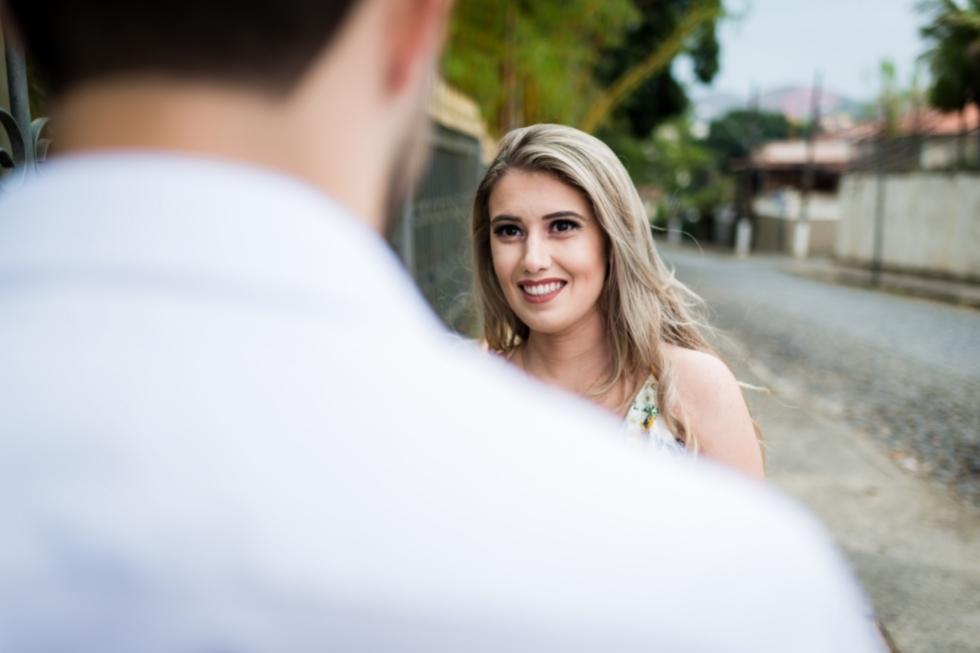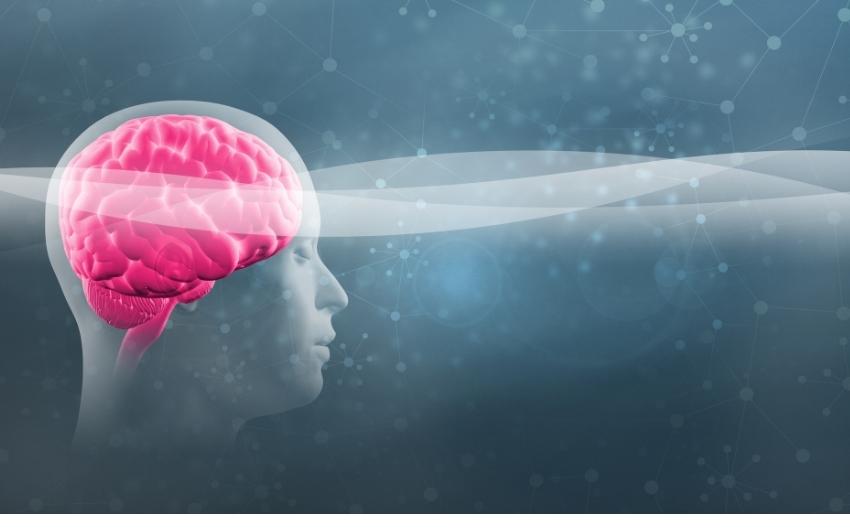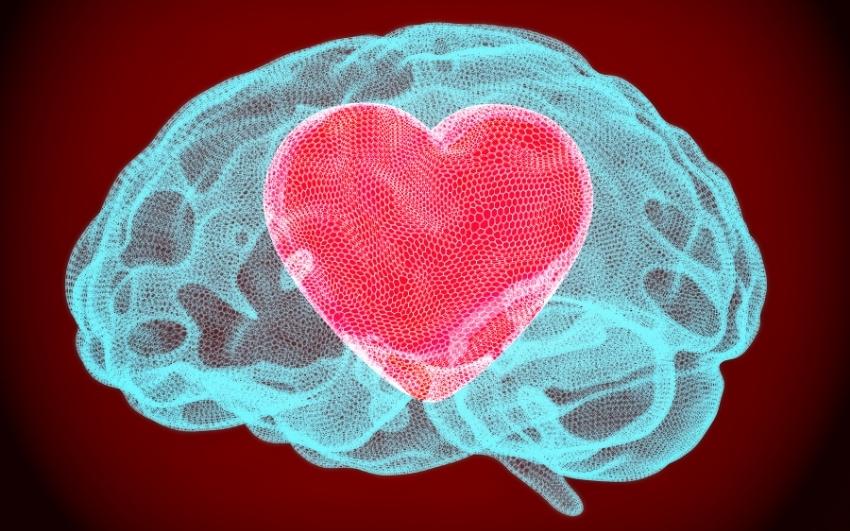
It’s not unusual to hear of individuals who claim to have fallen in love at first sight.
There’s a lot of appeal to the idea: it combines the swoon-inducing themes of destiny, soul mates, real love, and “the one.”
But can you fall in love with someone you’ve just met?
And is that passion genuinely conducive to a successful, happy relationship?
Table of Contents
Key Love At First Sight Statistics
- Love at first sight statistics shows that approximately 50% of Americans believe in love at first sight.
- People who fall in love at first sight usually know whether they will fall in love with them within seconds or minutes of meeting someone.
- Love at first sight statistics also shows that those who fall in love at first sight often share similarities, including backgrounds, interests, and personality traits.
- Love at first sight statistics also reveals that couples who fall in love at first sight often report feeling a deep connection and understanding for one another from the very beginning.
- Love at first sight is a genuine phenomenon, and these love at first sight statistics provide some insight into how and why it happens.
Is love at first sight real?

According to the Match poll of 5,500 single people in America, over 50% of participants believe they’ve experienced love at first sight by 2022.
Broken down by gender, 41% of males and 29% of females said they’d been in love at first sight.
Some marriage counsellors and other relationship experts, on the other hand, are less convinced that people can fall in love at first sight.
“It’s frightening to think that people may mistake strong attraction and connection for love,” licensed marriage therapist Racine R. Henry, PhD, LMFT, says. “We all want to believe that love is just a fiction, but much of it comes down to personal choice.”
It’s all in the timing
The specific timings of when a person falls in love are difficult to predict, and they can vary from person to person.
However, psychologist and sex therapist Lauren Fogel Mersy, PsyD, explains that romantic love entails being able to know someone and their entire self—something that isn’t possible through simply looking at someone.
“Do you truly feel love if you see someone but never speak to them? Not if you define love as understanding, affection, deep caring, and support,” Henry adds.
However, according to licensed marriage therapist Weena Cullins, LCMFT, certain circumstances can create strong initial chemistry between two individuals that leaves a lasting impression.
“Two people may feel an intense level of understanding and connection combined with an inexplicable degree of attraction while first meeting one other. It’s conceivable to believe that those sentiments will endure regardless of what happens after their initial encounter.”
Impact of love at first sight statistics

Love at first sight is something that many people experience but cannot explain. It is said to result from a chemical reaction in the brain triggered by specific physical cues.
- While some people may be skeptical of the idea, the Love at First Sight Statistics shows that it is a natural phenomenon. According to one study, approximately 50% of people have reported feeling love at first sight.
- Men are more likely to report this than women, which is most common in young adults.
- Love at first sight can occur between strangers or between people who have known each other for a long time.
- It is often accompanied by intense feelings of happiness, excitement, and admiration.
- While love at first sight can be a beautiful experience, it is not always sustainable in the long term.
In some cases, the initial infatuation fades and leaves behind a more realistic relationship view. Love at first sight, is a complex phenomenon with many possible explanations. Despite its mysterious nature, it continues to be a popular topic of discussion and debate.
The science of love at first sight

People can judge whether they are romantically interested in someone after looking at them for only a few seconds, and their near-instantaneous choice is influenced by physical and emotional signals they pick up on the first sight of the individual.
As far as falling in love goes, researchers set out to study love at first sight in 2017.
They arranged meetings with possible love partners for 400 guys and women and then questioned them about their feelings after the encounter.
Only a tiny proportion of people claimed they had fallen in love at first sight, but rather than passion, intimacy, or commitment—all signs that psychologist Sternberg looks for in his triangular theory of love—those emotions didn’t include high passion, intimacy, or commitment.
What was the most crucial characteristic in predicting falling in love at first sight with a stranger?
Physiological attraction
In reality, giving a person a one-point boost in attractiveness was linked to an 11 times higher chance of reporting love at first sight. That means most people who claim to have fallen in love at first sight are experiencing lust at first sight.
According to psychologists Simone Humphrey, PsyD, and Signe Simon, love and lust are frequently confused.
The two activities stimulate similar neural pathways in the brain concerned with vision, goal-oriented behaviour, pleasure, reward, and addiction.
The powerful, all-consuming sentiments of passion, vitality, and yearning that come with being in love are the consequence of a sequence of neurochemical responses in which the brain’s reward system, fueled by dopamine, encourages people to seek closeness and intimacy with the object of their affection—similar to how drug addiction affects the brain.
According to behavioural anthropologist Helen Fisher, PhD*, this romantic desire response mechanism may be activated.
Other research, however, has shown differences in the brains of people who have recently fallen in love compared to those who have been in love for a long time.
When thinking about their beloved, both groups of individuals had similar brain-activated elements: the ones associated with pleasure and enjoyment. On the other hand, the newly-in-love couples had some additional sections of their brains turned on: those linked to fear and anxiety.
Reasons for love at first sight
People may believe they fell in love at first sight for a variety of reasons:
- People are considerably more inclined to fall in love at first sight with individuals they find physically attractive, according to the 2022 research mentioned earlier.
- Infatuation is a less intense form of love: it implies feelings of attraction and fixation for someone without knowing them well, typically resulting from actively ignoring warning signals in favour of a fantasy.
- According to Henry, people who are searching for love might be more inclined to accept an intense first emotion. “The desire for love is most essential,” she points out. “Creating the space for ‘love at first sight’ entails being open to love and willing to engage in a loving relationship.”
- The halo effect: It’s probable that particular blissful couples retroactively embellish the tale of how they met, using their current sentiments of love to their reminiscences from the past. Consider it like recalling their first meeting with a warm glow.
Is love at first sight dangerous?
Love is not inherently dangerous or unhealthy at first sight, and there are plenty of happy couples in long-term relationships who claim to have fallen in love at first sight.
However, because feelings connected with Love at first sight, are typically more focused on physical attraction and infatuation rather than the enduring, committed care and intimacy that are hallmarks of genuine love, it’s conceivable to get too involved in a relationship that isn’t healthy or with a partner who isn’t compatible.
“It’s not always the case that when you show up with those early feelings of love, it means you’re a good match for someone,” Cullins explains.
“Love conquers all isn’t true,” she adds. “A firm foundation can be established by having an initial sense of profound insight and loving connection with another individual, but healthy and happy couples succeed in their approach to day-to-day life, overcome problems through communication and conflict resolution, and strive to stay in touch with one another as they change.”
Here are some of the telltale indicators that you’ve met someone who feels like love at first sight:
- You immediately feel an intense physical attraction to the person.
- Even though you’ve just met, you have an immediate bond with the individual.
- You have a strong desire to spend more time with them.
- You have no idea about this individual, or what you know about them is of little consequence.
- You’re entirely inspired after meeting this individual for the first time.
- You’ve already decided you’d like to be in a relationship with this individual.
- You’d be able to handle learning about this person’s faults, shortcomings, or qualities that you don’t care for—the way you feel would not change.
- If you never saw this person again, you’d be devastated.
- You can sense that the mood will linger even if you never see this person again.
How to stay grounded when you experience love at first sight
Love at first sight is more than just a fairy tale; it’s a natural phenomenon.
A study conducted by professor Arthur Aron found that love at first sight is quite common. Out of the 90 participants in the study, almost half reported experiencing love at first sight.
Of those who experienced love at first sight, 75% were attracted to the other person’s physical appearance, and 25% were attracted to the other person’s personality.
So, if you’re wondering how to stay grounded when you experience love at first sight, remember that it’s essential to get to:
- Recognize your emotions.
According to Henry, it’s OK to lean into those first emotions of passion, desire, and connection in the early stages. “We can allow ourselves to cultivate the sentiments of love when we act on those initial feelings of connection and attraction,” she explains.
Also, dating and love are supposed to be enjoyable!
So, take advantage of the thrill.
- Make sure you’re prepared for a relationship.
Of course, it’s important to remember that intense passions alone will not ensure a relationship’s success if the people involved aren’t dedicated to doing the job. Check-in with yourself to be sure you’re emotionally and mentally prepared for a romantic relationship, according To Henry. Also, make sure your beloved is on the same page!
- Is there a pattern to love at first sight?
Some people experience feeling a quick, loving connection to another person that is unique in their lives. In contrast, others have a pattern of falling in love quickly with individuals they meet.
You can analyze your connection with boundaries to help you decide how much you should trust your feelings when you believe you’re falling in love with someone you just met. If falling in love at first sight or after meeting someone is a regular occurrence, it might be time to examine other variables contributing to those feelings of immediate closeness.
- Set boundaries.
Keep in mind that boundaries are essential. You just met them! You have an intuition about who they are, but you don’t know them yet. So, take things slow, avoid making major life decisions right away, and get to know one another like you would in the early phases of any relationship.
It’s not just because you’re in love with someone you’ve only met that you should proceed with caution on every level. It’s safest to proceed cautiously until you’re sure of genuine compatibility, which takes time and witnessing various aspects of daily life together.
What if the love at first sight feelings aren’t there?
The concept of love at first sight is quite popular, which may lead to unrealistic expectations. If a person has never experienced it, they might be unsure whether they’ve found the perfect individual to date or create a life with. Some individuals may be concerned that it isn’t the ideal person if their relationship isn’t instantaneous.
Every couple has their unique timeline, and there’s no need to rush to declare your love. Love is a process that develops over time, and it frequently takes time for you to get to know each other as a pair.
If that is your aim, feeling an immediate bond with someone isn’t required. If you want to have a healthy, thriving relationship or fall in love, it’s not essential to experience an instant connection with another person.
Conclusion
Love at first sight is a natural phenomenon that scientists and researchers for centuries have documented.
Though the term was not coined until the early 19th century, there are references to love at first sight in ancient Greek and Roman literature.
While there is no one answer to why it happens, we know that it exists and can be powerful. Two University of Aberdeen psychologists found that 59% of participants reported experiencing love at first sight.
They also found that this feeling was mutual in 82% of cases, so if you’re wondering whether love, at first sight is real or just a myth, now you have some scientific evidence to back it up!
Statistics for this article were gathered from the following sources:
- Insider
- Couples Therapy
- National Library of Medicine
- Helen Fisher
- BigThink
- Dailymail UK
- Hachette Book Group
- Statista
- ScienceABC
- Review42
Related:

Petri Maatta is a photographer, filmmaker, and webdesigner who has been working for over 20 years in the creative industry. Fascinated by manifesting for business reasons, Petri was determined to find out what it took to create success. He started his career with seven years of business failures before he found success by learning about manifesting from a mentor with a Fortune 500 company. Today Petri shares his knowledge through DreamMaker courses designed to help people change their businesses and lives while living on their terms.
STAY IN THE LOOP
Subscribe to our free newsletter.
Stay up to date! Get all the latest & greatest posts delivered straight to your inbox


